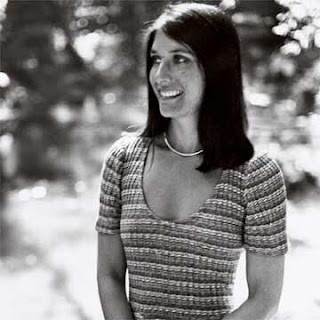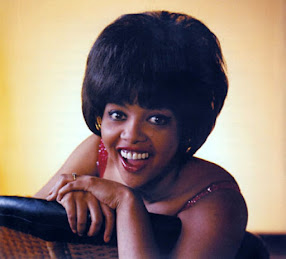Freddie Roulette (May 3, 1939 – December 24, 2022) was an American electric blues lap steel guitarist and singer. He was best known as an exponent of the lap steel guitar. He was a member of the band Daphne Blue[ and collaborated with Earl Hooker, Charlie Musselwhite, Henry Kaiser, and Harvey Mandel. He also released several solo albums. One commentator described Roulette as an "excellent musician".
Frederick Martin was born and raised in Evanston, Illinois. He learned to play the steel guitar in high school. In the 50s, the sweeping sound of steel guitar was usually heard only in Country and Western music, but even as a teenager Freddie was attracted across town to play on Chicago's South-side Blues scene and in 1965 began work in Earl Hooker's backing band, touring and performing with him until 1969. Hooker's band, with the pianist Pinetop Perkins, the harmonica player Carey Bell, the vocalist Andrew Odom, and Roulette, was "widely acclaimed" and "considered one of the best Earl had ever carried with him". Roulette performed on several of Hooker's singles; his 1967 album, The Genius of Earl Hooker; and the 1969 follow-up, 2 Bugs and a Roach.
Roulette later developed a friendship with Charlie Musselwhite and (credited as Fred Roulette) recorded with him on the 1969 album Chicago Blue Stars. He toured with Musselwhite and backed him on the albums Tennessee Woman and Memphis, Tennessee, before relocating to the San Francisco, California, area where he has lived ever since. He played there in a band with Luther Tucker and recorded with Earl Hooker's cousin John Lee Hooker.
After leaving Chicago for the San Francisco Bay area, Roulette began "teaming up with the 14-year-old guitarist Ray Bronner ('Daphne Blue Ray'), and some veterans from Chicago in the band Daphne Blue, Freddie was often joined by ‘Big Moose’ (Johnny Walker), ‘Pinetop Perkins’ and Clarence ‘Gatemouth’ Brown at gigs and on record." "Freddie released an album, Daphne Blue: Legendary Blues Instrumentals, which contains 15 excellent tracks, which he considers to be among his finest works."
Here’s “Sleepwalk” from above album
In 1973, Roulette released his debut solo album, Sweet Funky Steel, which was produced by the guitarist Harvey Mandel. Don "Sugarcane" Harris played on several tracks. Over the next 20 years, Roulette continued to perform with other musicians and occasionally led his own band, while also working full-time as an apartment manager. On the 1996 album Psychedelic Guitar Circus, he worked in a group with Mandel, Kaiser and Steve Kimock.
The producer Larry Hoffman brought Roulette to Chicago where the artist recorded his 1997 album, Back in Chicago: Jammin' with Willie Kent and the Gents, backed by the Willie Kent Band featuring Chico Banks on guitar. It was released on Hi Horse Records. The album won an award from Living Blues magazine as 'Best Blues Album of 1997'. Following that album's success, Roulette began performing widely at blues festivals and recorded the 1998 album Spirit of Steel, featuring the Holmes Brothers and produced by Kaiser. He also contributed to Kaiser's album Yo Miles, a tribute to Miles Davis.
Roulette played at numerous music festivals over the years, including the Long Beach Blues Festival, the San Francisco Blues Festival (1979), and the Calgary Folk Music Festival (2000). He continued to play club dates in the San Francisco area, often with Mandel. In 2012, Jammin' With Friends was recorded at three separate studios with various musicians. It was produced by Michael Borbridge, who also played drums on all the tracks.
Roulette's solo album Man of Steel (2006) featured guitar playing by Will Bernard and David Lindley; Kaiser also played guitar and produced the album. It was recorded in Fantasy Studios, in Berkeley, California, and included strains of jazz, country, soul and reggae in the overall blues setting. In the same year, Roulette played locally in a small combo including Mike Hinton.
As of 2015, Roulette was still playing with the Daphne Blue Band. In February 2019, the Chicago Reader published an article on Roulette and his band members, along with sound clips, titled: "The Secret History of Chicago Music: Pivotal Musicians That Somehow Haven't Gotten Their Just Dues." Roulette died at his home in Vallejo, California on December 24th 2022 at the age of 83..
(Edited from Wikipedia & AllMusic)











































.jpg)



.jpg)

